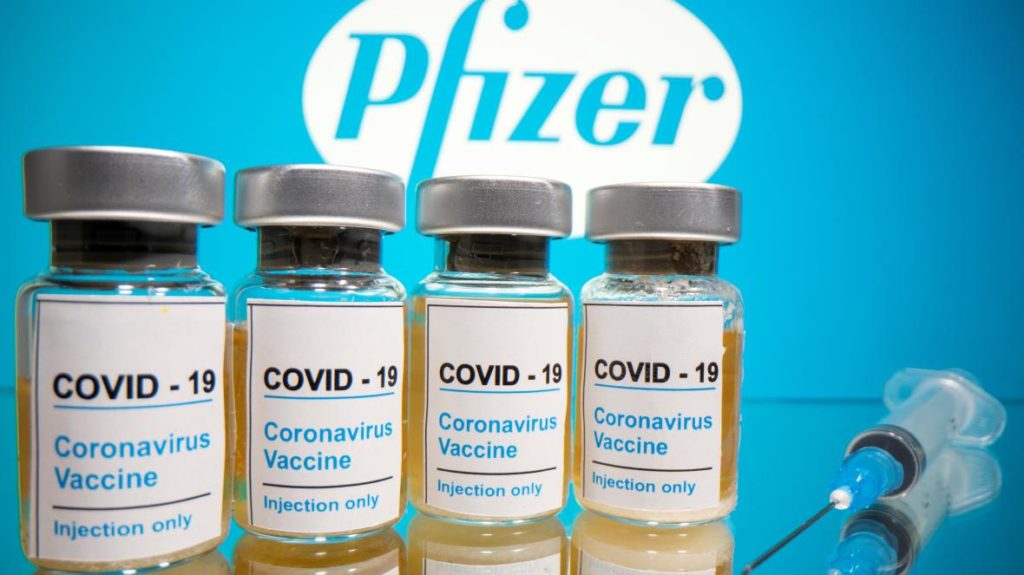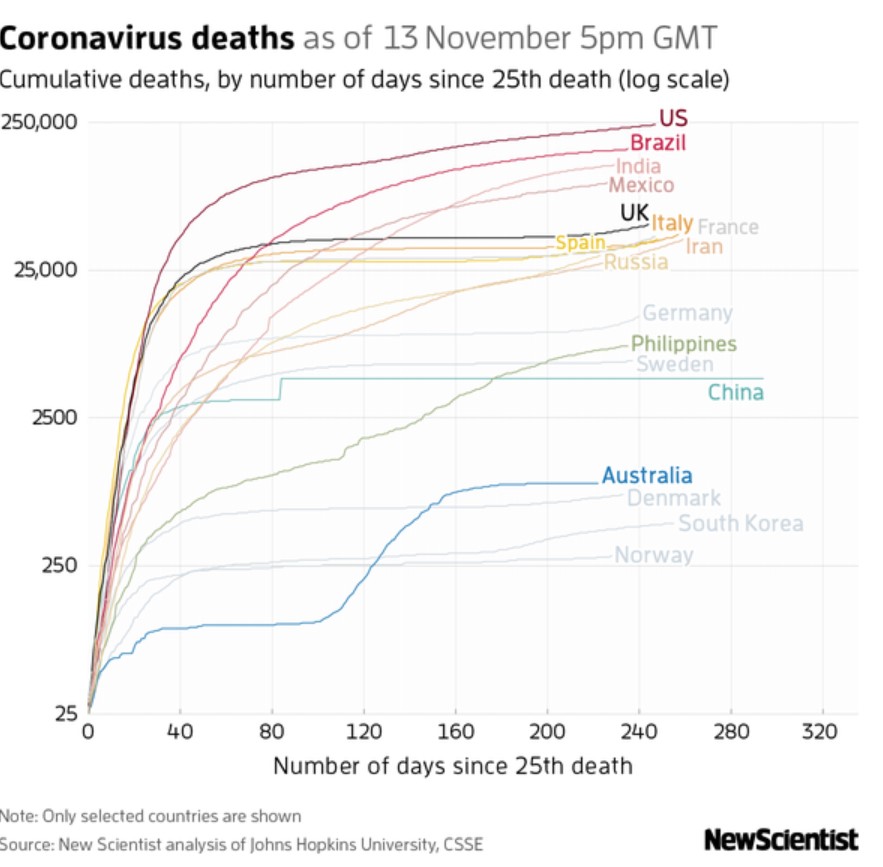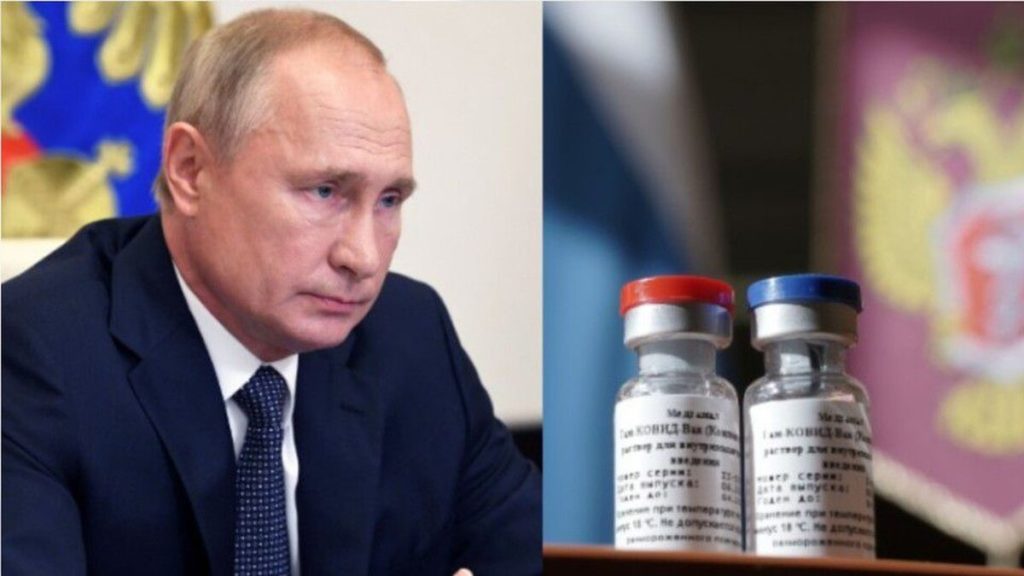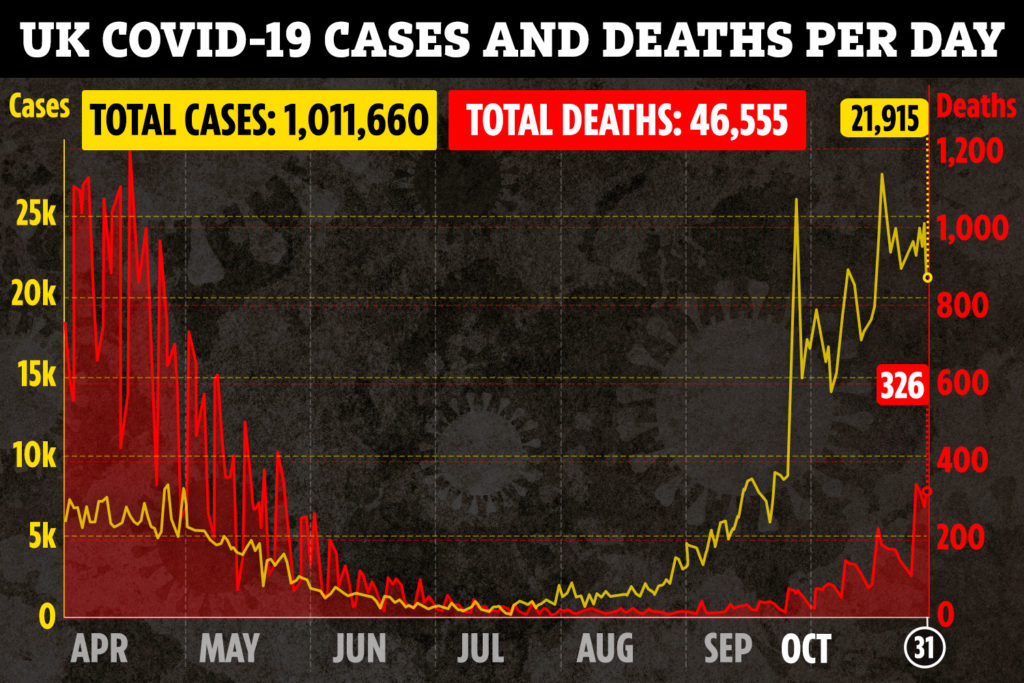The second lockdown is here to “save Christmas”. If Imperial College is to be believed, we should expect several more before this is over. And yet, ask anyone on the street (if you can find them), how we got here and they probably couldn’t for the life of them tell you coherently. Such is the lack of clarity in an open society, without the generous spending to distract us, you would be forgiven for thinking the nation that ruled half the world and won two World Wars had lost its nerve entirely. So just how is it we have accepted a momentary restriction become the “new normal”?
Covid-19, meet Covid-21
You did not imagine it. Yes, we believed our leaders telling us: 15 days staying at home to “save lives” and “protect our NHS”. The message was initially clear: prevent the NHS becoming overwhelmed so otherwise healthy people won’t die needlessly. Save Gran and Gramps. For a pandemic that really started in 2019, we are entering 2021 without a clear idea of where we are, where we are going and what we will do when we get there. It is like treading water blindfolded in a swimming pool, not realising the edge is mere metres away.
This was only ever a temporary respite. Our leaders and top scientists warned of hundreds of thousands of casualties. And so we accepted being separated from loved ones, losing our livelihoods and our freedoms. Yet when this all failed to materialise, and lockdown became “just a few more weeks”, people started to wonder where are we going with this? Political prestige and scientific credibility are on the hook now. Our betters believe they can’t risk losing face of admitting they were wrong; their vested interests and risk-aversion are too strong. Instead, they seem quite content in keeping up pretences, instilling fear and breaking the public purse. A botched policy with no credible exit strategy, costing lives in unseen and innumerable ways.
Without getting into research from Imperial College stating the “most radical social-distancing measures can only provide temporary respite,” we are only now waking up to the health trade-offs that come with our current public health strategies.

Limiting human activity to prevent transmission have led to “lower childhood vaccination rates, worsening cardiovascular disease outcomes, fewer cancer screenings and deteriorating mental health—leading to greater excess mortality in years to come, with the working class and younger members of society carrying the heaviest burden.”
Idle Workforce
75% of the UK is a myriad of service-based industries. Prolonged lockdowns are really impacting the retail and entertainment spheres that command a large global following; with a lowly 21% productive manufacturing.
We have already found it difficult to get people back to work. Many have enjoyed working from home; not having to contend with the long, stressful commutes and sweaty offices. The initial lockdown saw one of the best Summers on record, and people relished the time off. Some people have done rational economic calculations, deciding £2500 plus free time provides me more utility than £3500, but working full time. We have managed to nationally disincentivise work. We already had productivity (output per worker) issues in the UK, with growth since the 2008 crisis twice as bad as the previous worst decade (1971-81) for efficiency gains.

We are broke, and eventually our government has a brutal message to deliver: the lockdowns can’t go on too long or else we won’t escape the looming economic meltdown.
A dwindling tax base will not be able to cover the interest repayments on multi-billion-pound bailouts. These are short-term fixes, rather than ripping the band-aid off completely. National leaders will have one eye squarely on the calendar trying to calculate when they will have to force people to get back to work, even if that means reigniting infections and high death tolls.
France’s Emmanuel Macron is the most prominent voice to warn the vaccine access will take a long time. He openly identified the trade-off between the imperative to keep the economy running to pay for the self-isolating measures, “It is impossible to live — even in self-isolation — and to cure people, if we do not continue the economic activity that, quite simply, permits us to live in this country.”
Maintaining social-distancing, mass-scale restrictions, immigration controls and the world partially working is untenable and will likely result in a global depression once the crack-cocaine money-printing presses slow down. So far, no government has communicated a long-term plan. Russia rolled out Sputnik V vaccine in September, which didn’t have to go through Phase 3 trials for wider safety and efficacy assessment. It remains unknown how long this will confer immunity, if at all in some cases. The Pfizer vaccine will be followed up for side-effects and effectiveness for 2 years after applications and needs high-tech storage at -70ᵒC.

Even China gave up on its radical containment, in favour of mass testing to prioritise economic growth. European leaders will have to communicate how we are to proceed to their populations as we ask, “what now?”
Policymakers are seeking “perfect safety”. There is no such thing. When electricity came along, people were afraid of electrocution from their lamps; but it turned out they were safer than candles and paraffin. The benefits were eventually shown to outweigh the risks despite fierce opposition.
In a race to the bottom of the draconian measures, even Sweden is conceding to the pressure. And we praise our politicians for their proactiveness without considering the harm these policies inflict, the unintended consequences making us poorer, less socially stable, less well-educated and more divided.
The virus is out there now, it is too little, far too late. China could have contained this but failed, and our leaders should have anticipated this regime’s inability to safeguard the rest of the world and stockpiled medical resources. We do not yet know if the vaccine will protect our geriatric minority from infection. So, the question is, will a hundred thousand extra deaths, primarily among those well past their prime, not economically active, and dependent on the working population for their existence, many with pre-existing medical ailments, be worth wrecking our futures over?

Our modern-day legacy of the Beveridge Welfare Society will mean that few politicians will ever have to justify depriving the young generations in favour of prolonging the lives of our old. They can just pass the buck and cry “how can you be so heartless?” Current policy seems to portray it can save and protect everybody regardless of the economic realities of trade-off constraints.
They have preserved their authority for now, but as we see with China, there is an uneasy impasse between a burgeoning middle class that begrudgingly accepts no political participation in exchange for economic growth. The Chinese Communist Party could not afford for this uneasy truce to be disrupted by further economic damage.
Whatever the case, the endgame should be the advancement of human flourishing. This requires maintaining civil society in which we associate freely, partake in regular interactions to achieve prosperity, participate in civic engagement, politics and by so doing achieve justice. A process stalled with Coronavirus lockdowns. The fear instilled by our leaders has hampered our lives in unhealthy and unnatural ways. None of the disruption was done in bad faith; granted it rarely is. Even the worst of the World’s dictators started out as freedom fighters.
Isolation from our loved ones and social interaction is not without cost. It can irreparably fracture the social fabric. That trust took decades to build. Waiting for months on end without a clear direction or purpose weakens cohesion. The experts, quite frankly, got their death estimates wrong. Now we need to be honest, accept mistakes were made, and clearly establish what we are doing, what our goals are, and what we need to get there.
Where we differ from China is living under an open, representative, liberal democracy. We have a right to discuss alternative viewpoints to bridge the lost reciprocal trust between our citizens and leaders. It is worth acknowledging that we are exceptionally fortunate to be able to sit at home, living in a weird, separate reality, Netflix and chilling while some hundred million people worldwide are thrown back into absolute poverty. Those poorest at home will have a sorry wake-up call when the financial cushions are pulled back to see the true damage of the unintended consequences of vague policy and late-hour proactiveness.


